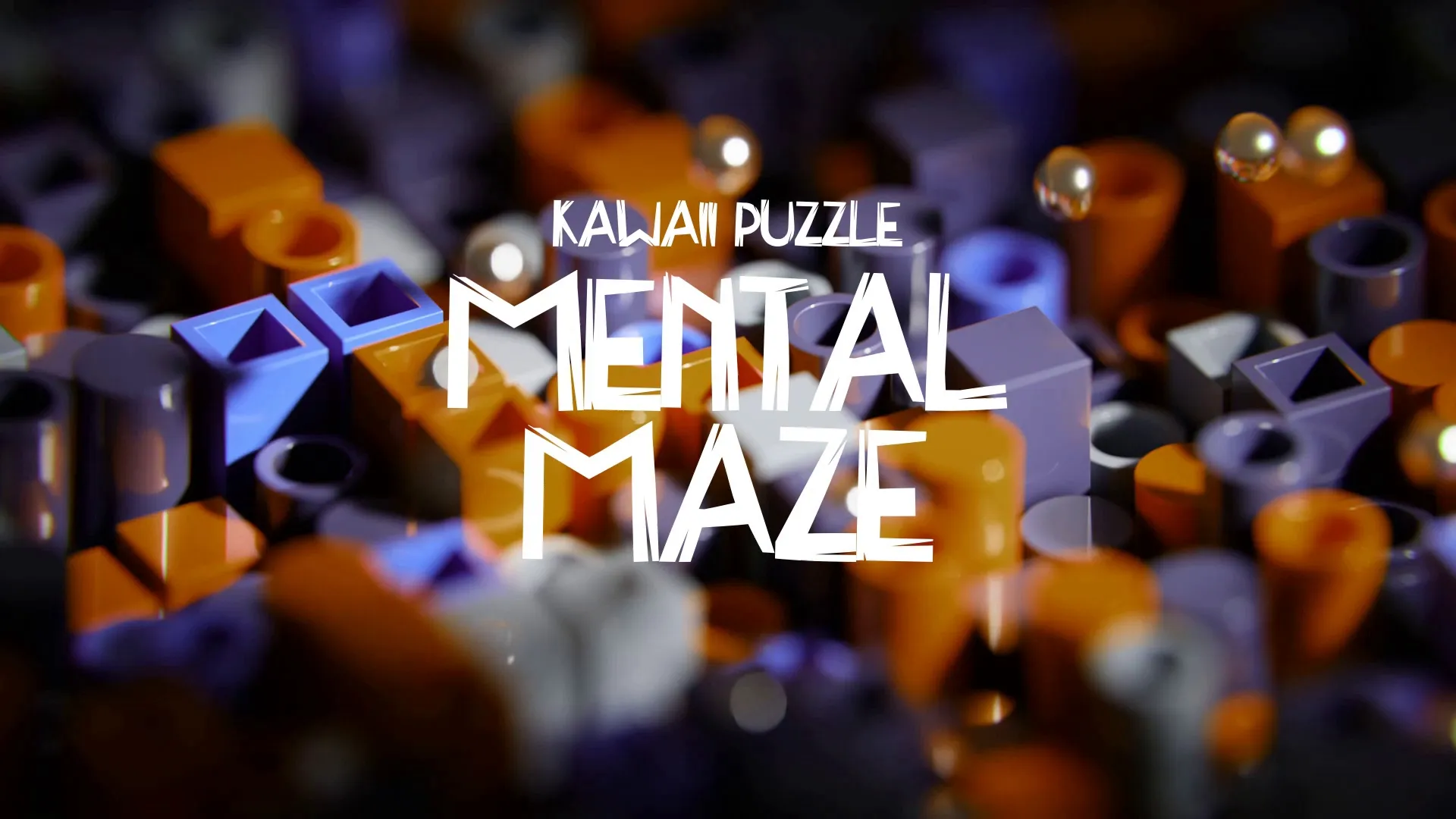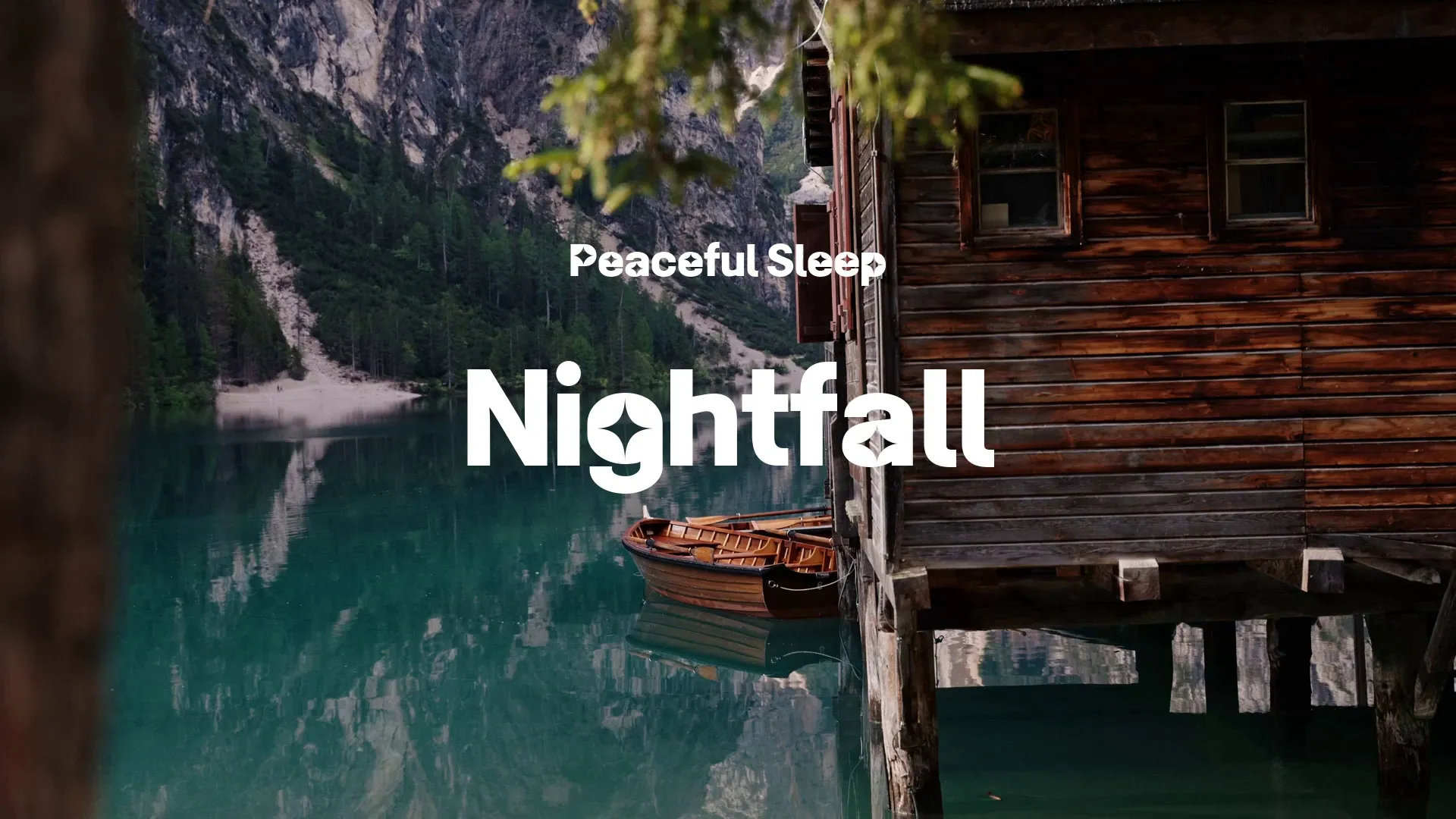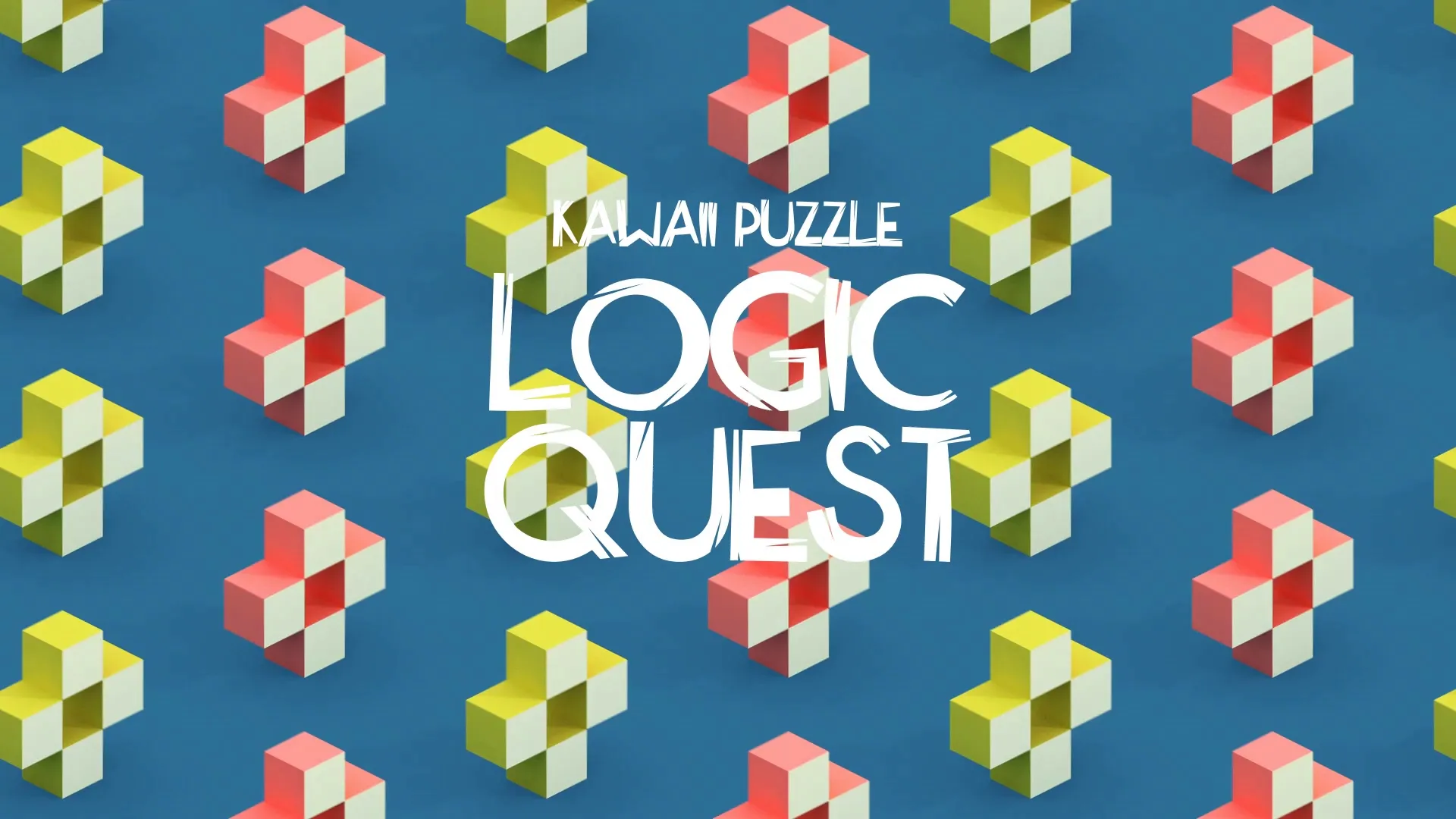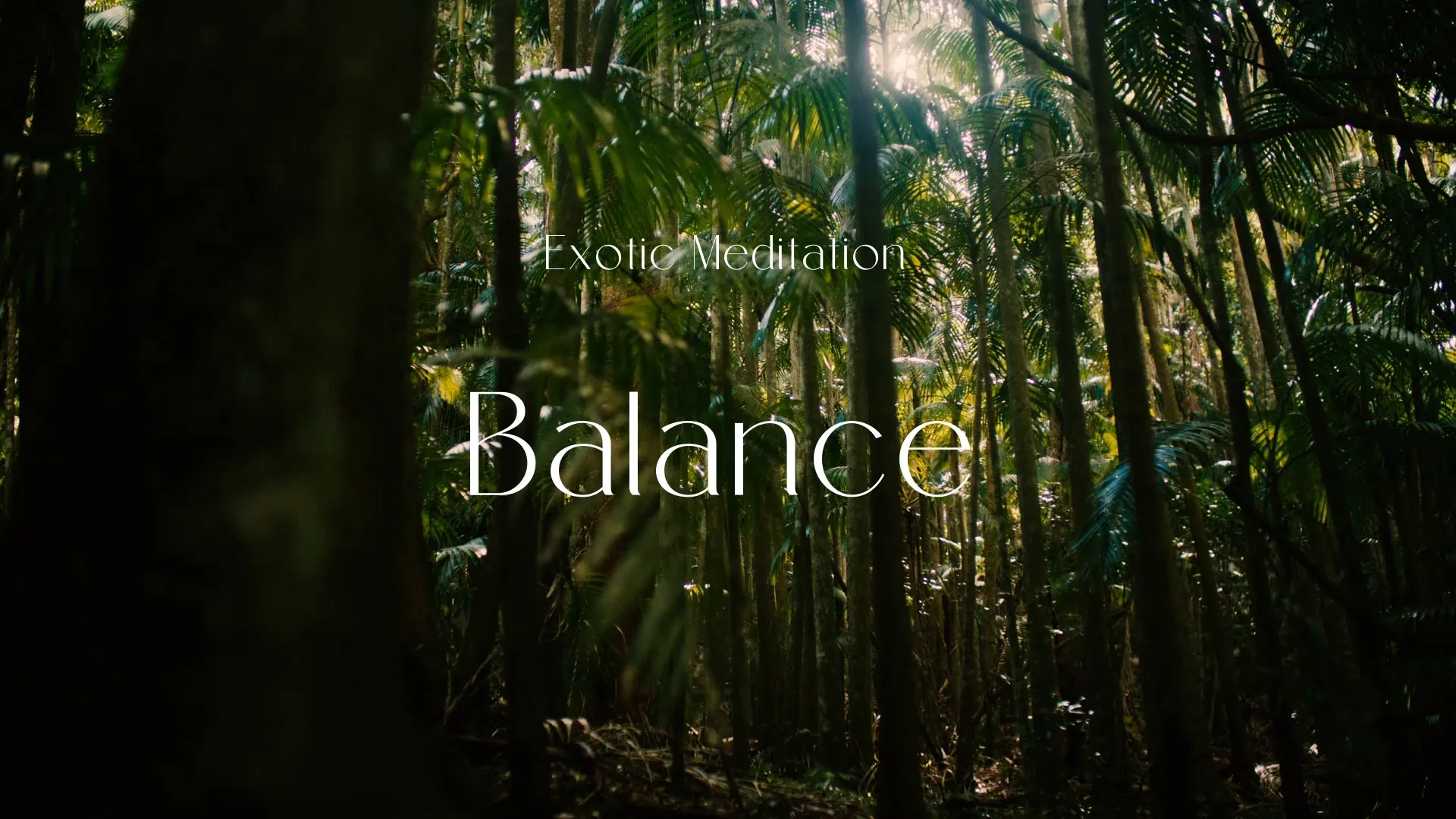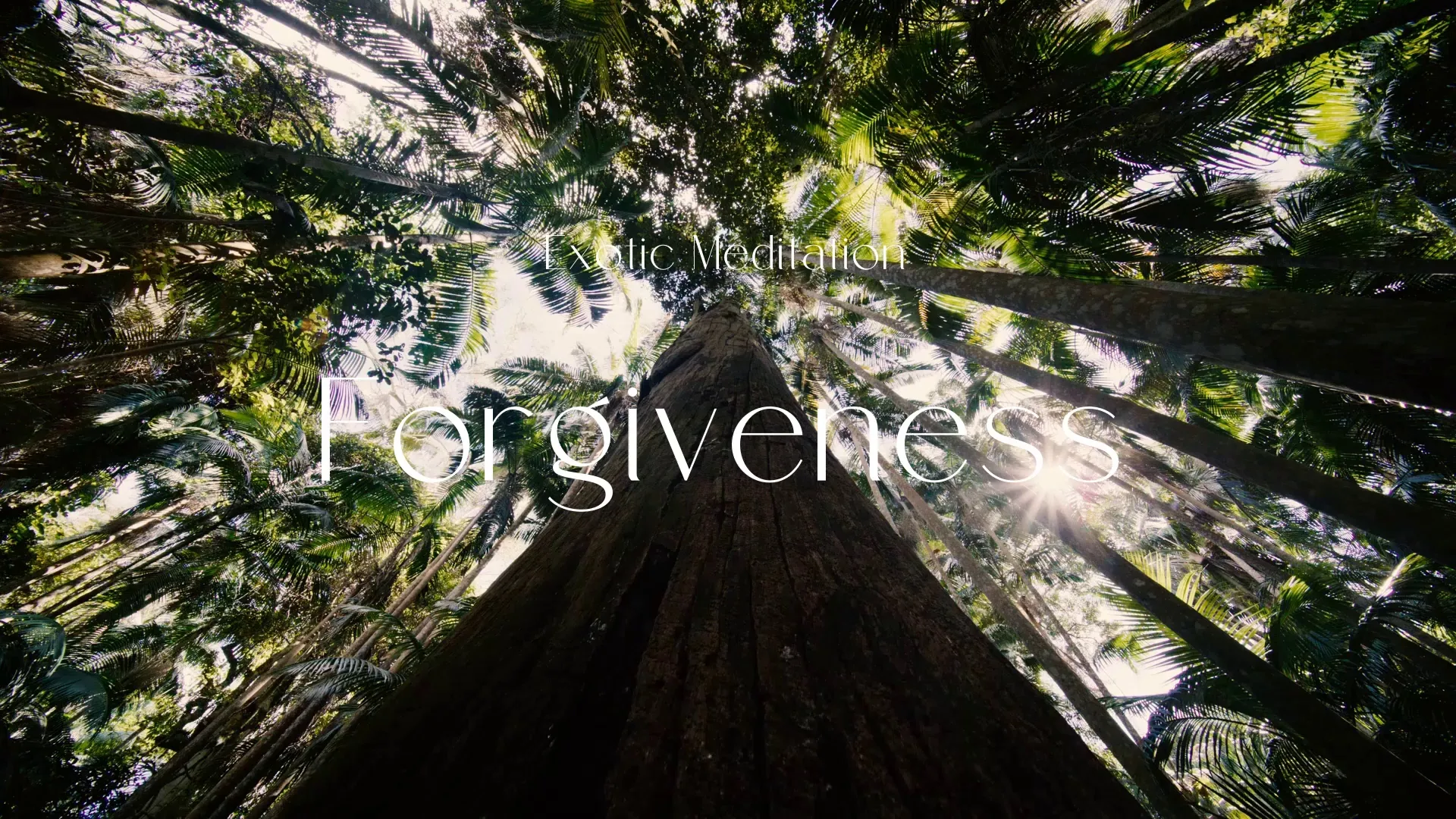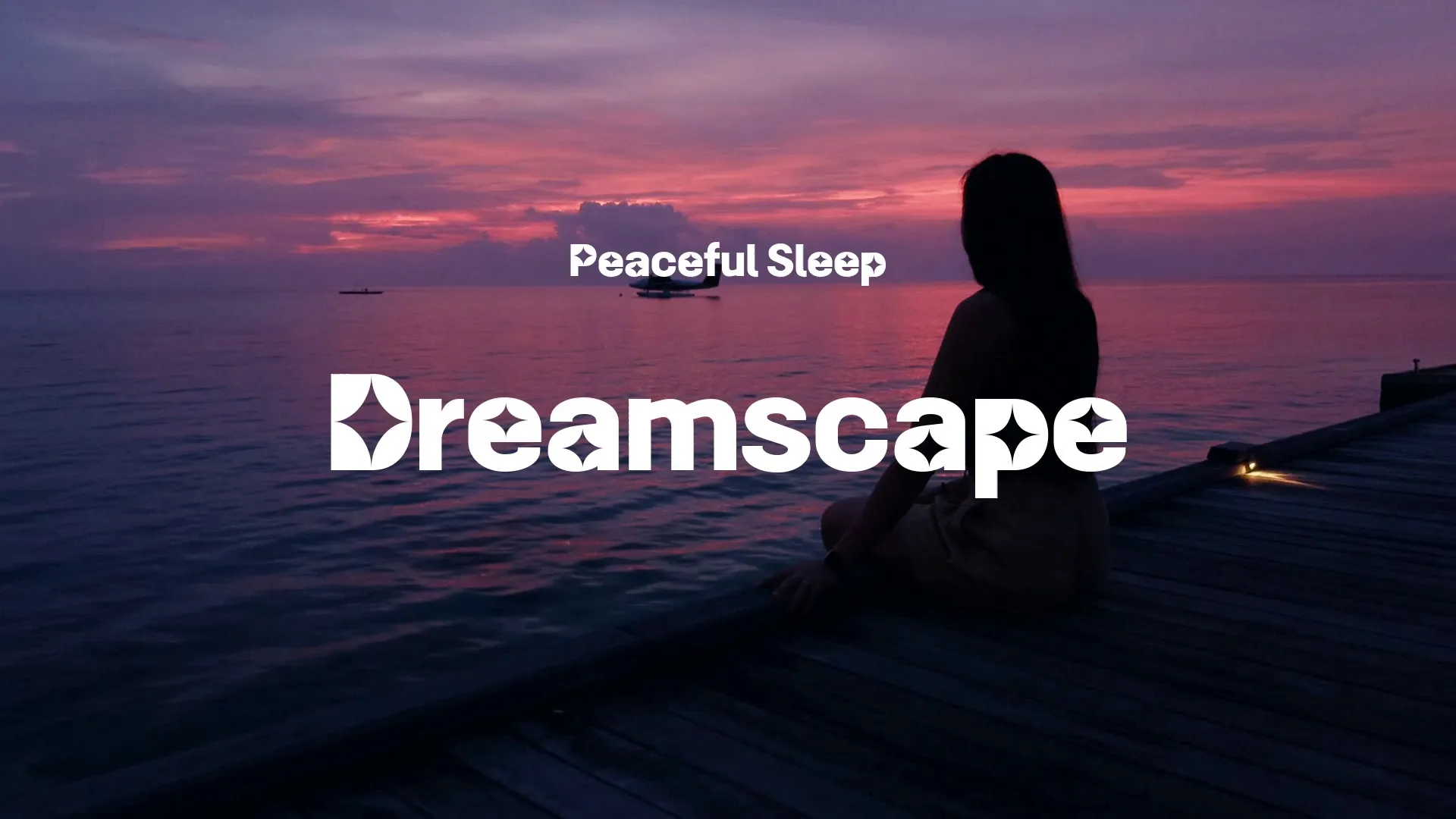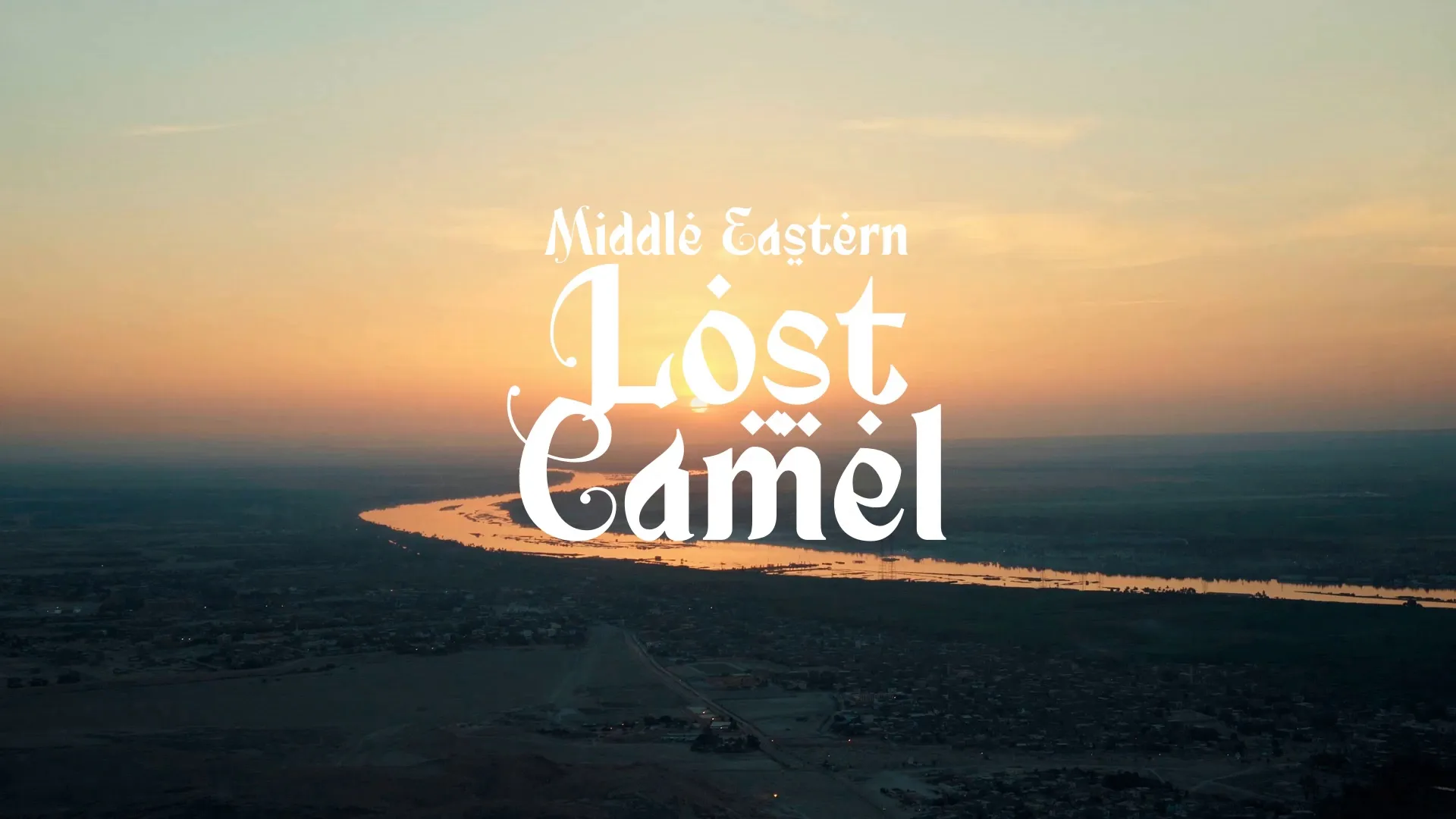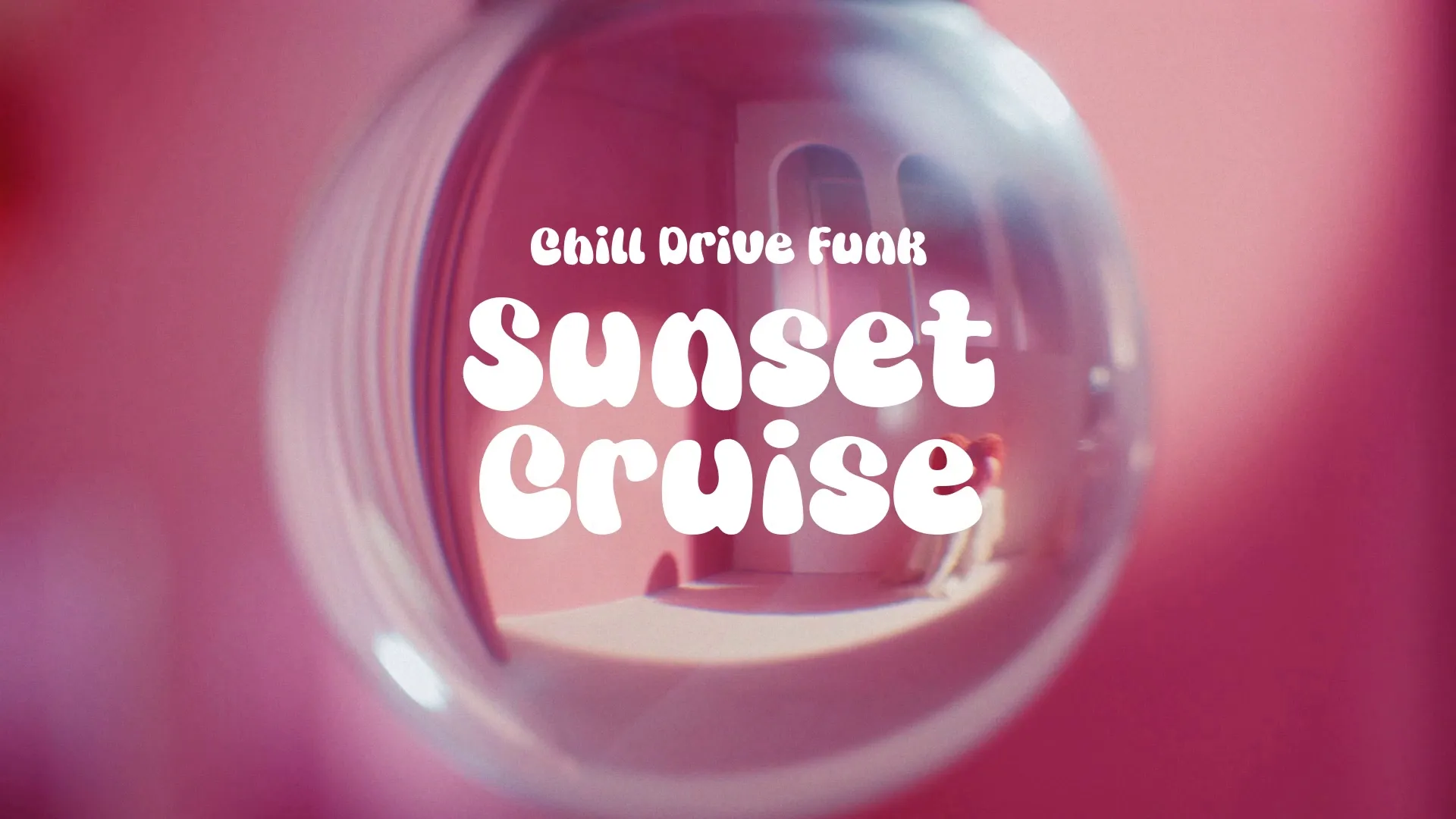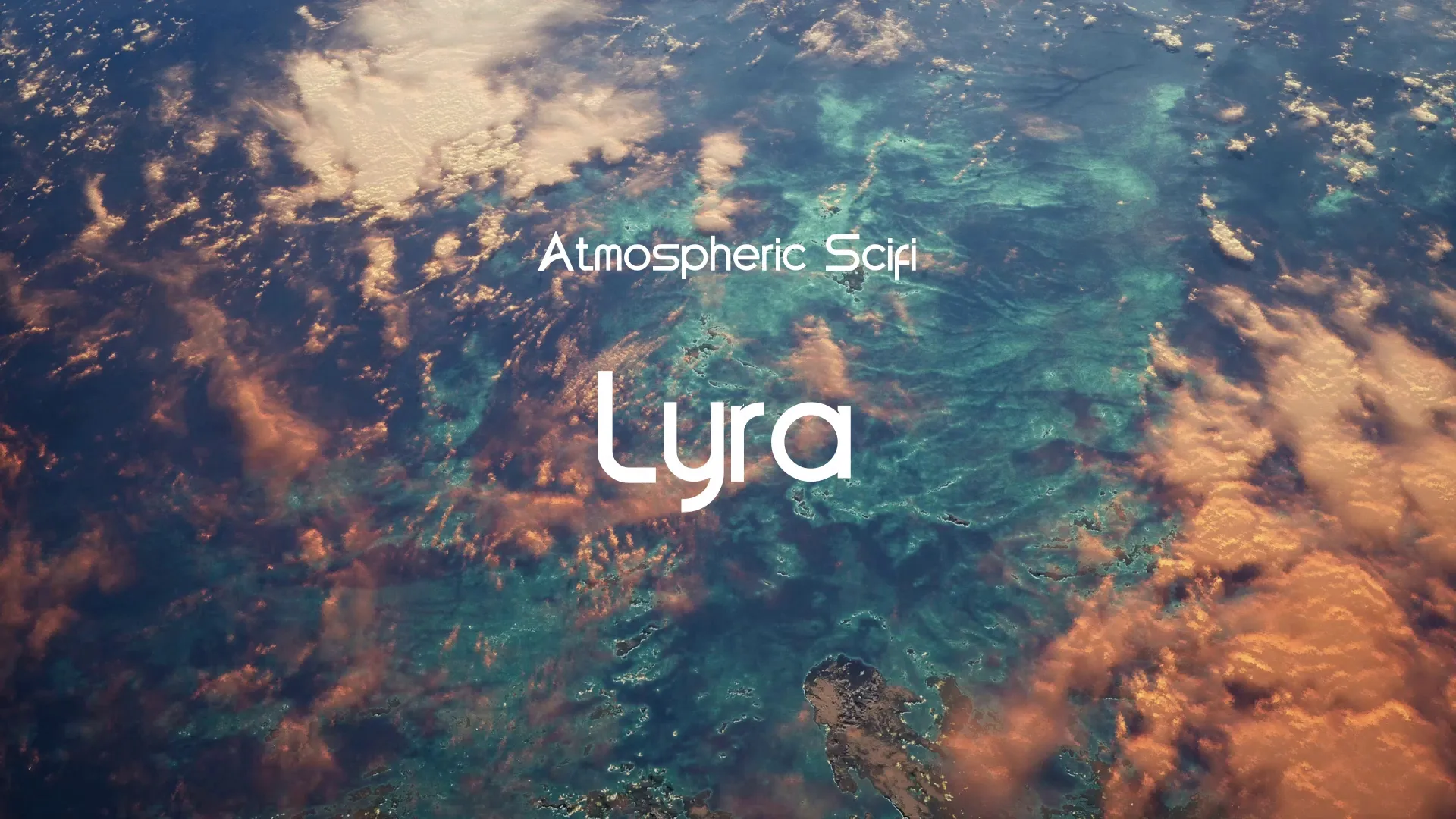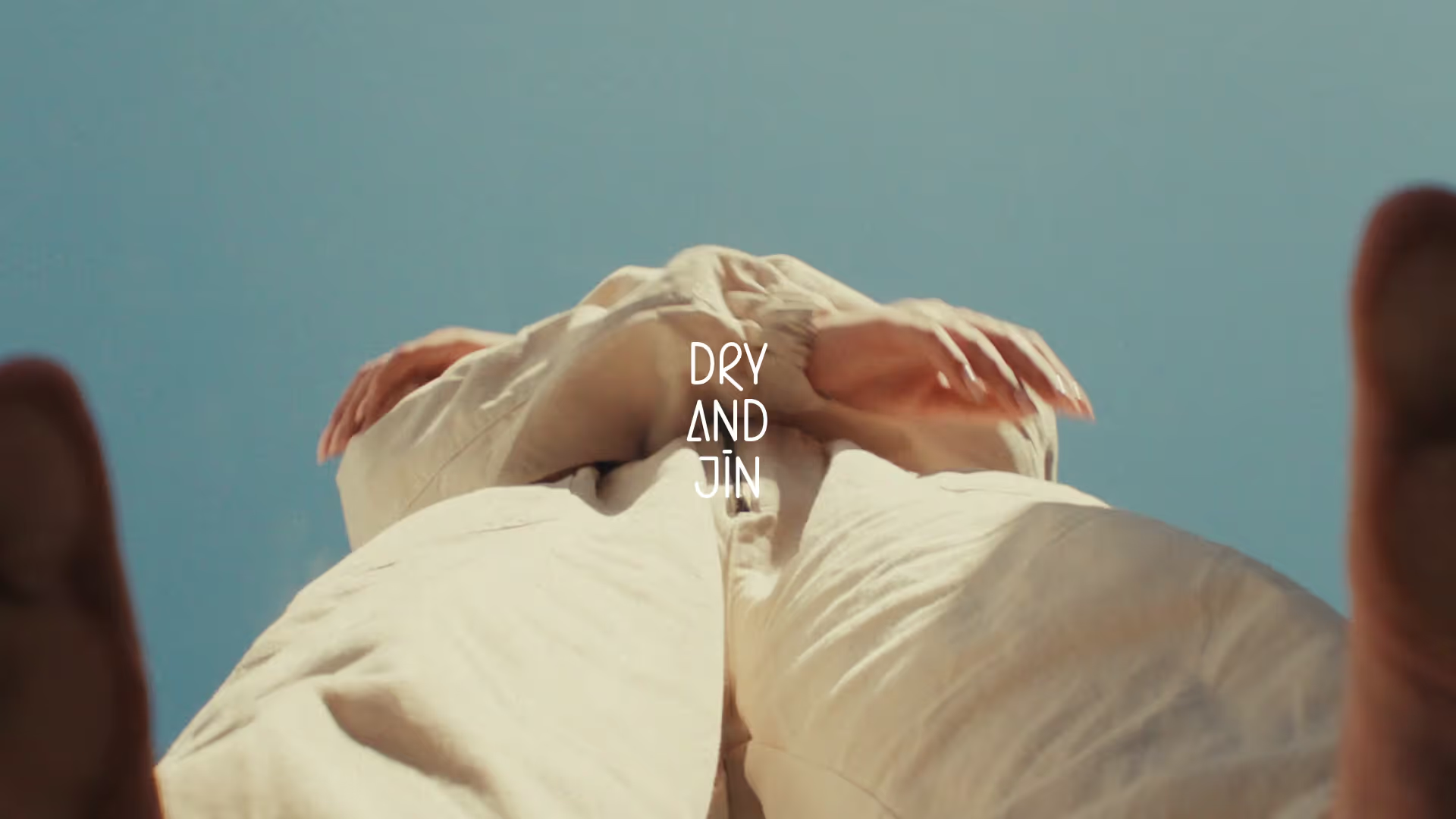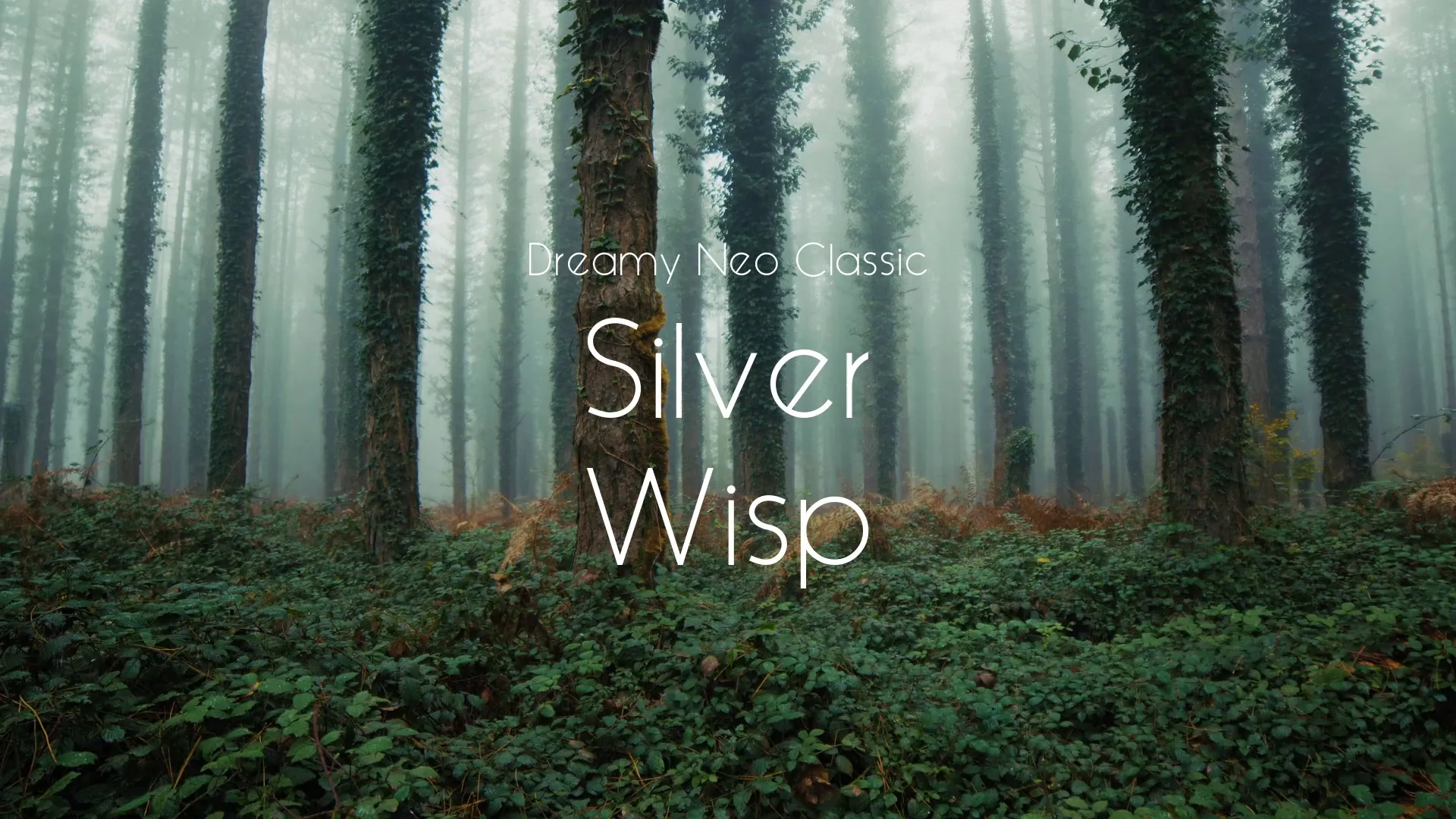Navigating Game Asset Rights: Trademarks, Licenses, and DMCA for Developers
Navigating Game Asset Rights: Trademarks, Licenses, and DMCA for Developers
Protecting your game’s intellectual property is not an afterthought; it is a fundamental part of development. Ignoring legal aspects of game assets can lead to costly disputes and derail your project. Understanding trademarks, licenses, and DMCA is essential for every game developer.
Understanding Your Asset Origins and Rights
Every asset you use, whether created in-house or acquired externally, carries a legal status. Knowing this status from the outset prevents future complications.
In-House Creations: Your Original IP
Assets you create or commission directly are typically your intellectual property. However, ensure contracts with freelancers explicitly state work-for-hire provisions or assign all rights to you.
This clarity prevents future ownership disputes, especially as your game gains traction. Documenting every asset’s creation process and ownership chain is a strong preventative measure.
Acquired Assets: The Nuances of Licensing
Most developers rely on pre-made assets to accelerate production. Understanding the licenses attached to these assets is paramount.
Many platforms offer royalty-free assets, which allow commercial use without ongoing payments. However, ‘royalty-free’ does not always mean 'free of all restrictions’.
Some licenses prohibit redistribution, require attribution, or have limitations on modification. Always read the specific terms before integrating assets like free sound effects commercial use or best royalty free 3d models into your project.
Wayline’s asset library, Strafekit, provides royalty-free assets with clear usage terms, simplifying this process. This helps ensure you are legally compliant from the start.
Trademark Registration: Protecting Your Game’s Identity
Your game’s title, logo, and unique character names are valuable brand elements. Trademark registration protects these identifiers from unauthorized use by others.
Why Trademarks Matter for Games
A registered trademark grants you exclusive rights to use that mark in connection with gaming products and services. This prevents competitors from releasing a game with a confusingly similar name or branding.
Without a trademark, enforcing your brand identity against infringers becomes significantly harder and more expensive. Proactive game trademark registration is a strategic business decision.
The Registration Process: Key Steps
Begin by conducting a thorough search to ensure your desired mark isn’t already in use. You can use national trademark databases for this.
File an application with the relevant intellectual property office, specifying the goods and services your mark will cover. This process requires attention to detail and can benefit from legal consultation.
Create a free account, or log in.
Gain access to free articles, game development tools, and game assets.

